Socially Constructed Medicines
Part of the folk-law you pick up as a teenager, and often at university if you go, is that Coca Cola originally and up to 1906 contained small (I guess) amounts of cocaine - no surprises it gave a nice little lift to your day!
And, like probably most of us, I knew that cocaine and opium had been systematically included as ingredients in the large-scale manufacture of medicines since the C18 (and of course probably long before the industrial revolution). One medicine that jumped out at me in late C18 and early C19 novels is as the opium-based laudanum, used as a painkiller.
But I was not aware of the spectrum of uses to which these remedies were put - till today when I was browsing the website of the Addiction Research Unit at the Department of Psychology, University of Buffalo.
Cocaine was used in three distinct ways.
Firstly, as a topical anesthetic such in toothache powders (above) and sore throat lozenges ...
... as a catarrh medicine for relieving head and chest congestion - and in this context even for sea sickness, as claimed by Bullard and Shedd for their coca wine ...
... and as a medicinal 'tonic' with numerous and wide-ranging benefits ....

With such products attracting rather august endorsement, like this one by Pope Leo XIII ...

Opium and heroin were even more widely used than cocaine in medicines.
As well as being useful in the treatment of dysentery and the relief of pain, these were given for sleeplessness and restlessness, even in children ...


... for asthma ...


... and even for coughs ...
 While not wanting to get bogged down in a tedious debate about why certain substances are constructed at particular times as 'medicines' and at others as 'drugs', it's just interesting to observe that these categories are not as absolute and fixed as we would like have to have them.
While not wanting to get bogged down in a tedious debate about why certain substances are constructed at particular times as 'medicines' and at others as 'drugs', it's just interesting to observe that these categories are not as absolute and fixed as we would like have to have them.
 While not wanting to get bogged down in a tedious debate about why certain substances are constructed at particular times as 'medicines' and at others as 'drugs', it's just interesting to observe that these categories are not as absolute and fixed as we would like have to have them.
While not wanting to get bogged down in a tedious debate about why certain substances are constructed at particular times as 'medicines' and at others as 'drugs', it's just interesting to observe that these categories are not as absolute and fixed as we would like have to have them.Soon they'll be telling us the smoking and alcohol are not beneficial for our health!





![C18 Bronze Buddha [Southern China]](https://blogger.googleusercontent.com/img/b/R29vZ2xl/AVvXsEioLkgVKuhDoIHQgM1X6Oe2hGn75yqaj4OJXPmNpumXmQPKxB22S57YS5DVrl1P7zl7BS6EFpAtaNZPze7gzVCRiQI54bwdHhVa4fGr7NOChZwTZoo92gUen6tC5U8gWIy_pv92U0FB38M/s1600/Buddha+%255BBronze%252C+C18%252C+China%255D+1.jpg)




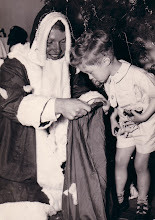







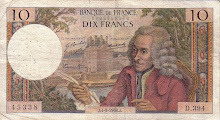
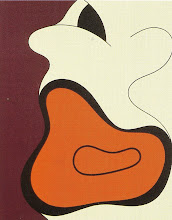+1998+Cropped.jpg)

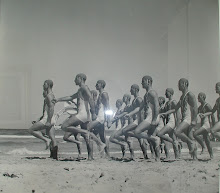
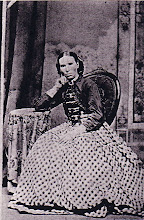







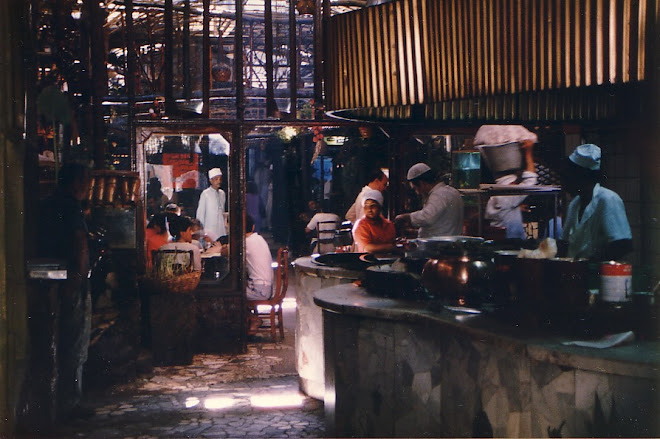

No wonder I felt so much better when given paregoric as a child!
ReplyDeletewit.
uhm, it's "folk-lore", not "folk-law"... interesting article, tho! :)
ReplyDeleteBTW, I love your blog, sex, hot guys, culture, and trivia! everything a gay blog should be ;)
Great post, Nick!
ReplyDeleteI sometimes wonder how effective these "medicines" back in the old days were, compared to the "wonders" of medicines that we get from the pharmaceautical companies today.
If the heroin and other wonderful drugs actually did help, why in the nether hell aren't we allowed to use it today? Oh wait, never mind. The drug companies OWN Washington DC! lol
Interesting topic though.
hey greg
ReplyDeleteglad you liked the post!
certainly drug companies in the past developed products less on the basis of well-constructed clinical trials and more on shall we say 'magical' grounds.
and you are dead right about the connection between big business and government policy!
here in australia there has been tiny moment of rationality - allowing at least those suffering pain in illness to buy and use marijuana. there was an item on TV a couple of days back showing footage of a guy buying at a licensed distributor - showing all the different kinds of 'weed' and describing the strengths and costs.
tho there was also opposition - one 'anti' lobby group said the dying might get psychologically addicted to marijuana! oh yes that's a big problem - LOL! and as tho drinkers don't like very much (i.e. are addicted psychologically) their drop
mad mad world!
Back a ways, when I was in Brown U. about 60 years ago, in Prov. R.I., a town that is high in Italianos, moms would soothe their babies with a "tea" made of boiled poppy stems. "They go right to sleep", they said. Also, and this has nothing to do with drugs, New Bedford Mass. had a high density of Portuguese who would soothe their boy babies by sucking their penises. My, those were the days.
ReplyDeletehey anon
ReplyDeletethanks very much for your comment - i love this kind of personal social history!
parents used what would be considered herbal remedies at the time i guess - before such concoctions were constructed more recently as 'drugs'
and am so tempted to make the obvious response to your very informative information on the Portuguese method of soothing babies! i won't but just say the old remedies were not always wrong!
thanks
nick
hey wit
ReplyDeletegood to hear from you - sorry bout the delay in responding
never managed to get any such 'stimulating' medicines as a kid :<
deprived childhood?
LOL
nick
hey anon
ReplyDeletethanks for the spelling tip - mine is so lousy i'm always grateful when someone takes the time to correct me
glad you like the blog - try to put as much of the variety of at least my life in - just more fun to do for me
take care
nick :>>>
I remember also having my gums rubbed with "Paregorique", yes, we had it in Quebec also. Most of these medicines worked to an extent, the alcohol content was for quicker assimilation. The best one was called "Pain Killer", which was available to drunks in the U.S. during the prohibition years. This stuff was as strong as bourbon, and much tastier. As to Coca Cola, it's flavouring essences were coca leaves, and cola nuts for taste and caffein. A bloody awful tasting one, till you aquired the taste was and is Moxie, then there is Dr. Pepper and all the other cola combos. These soda pops were initially all touted as stomach tonics.
ReplyDeletehey anon
ReplyDelete'Paregorique' seems to be a world-wide phenomenon that somehow passed me by!
and i'm sure prohibition spawned a whole range of 'alternatives'
here in Oz and more lately mainly younger people have used cough mixture as their drug of choice.
yuk tasting too - but maybe an acquired taste!
take care
nick
PS anon
ReplyDeletei've just heard of dr pepper's from an american movie!
nick again